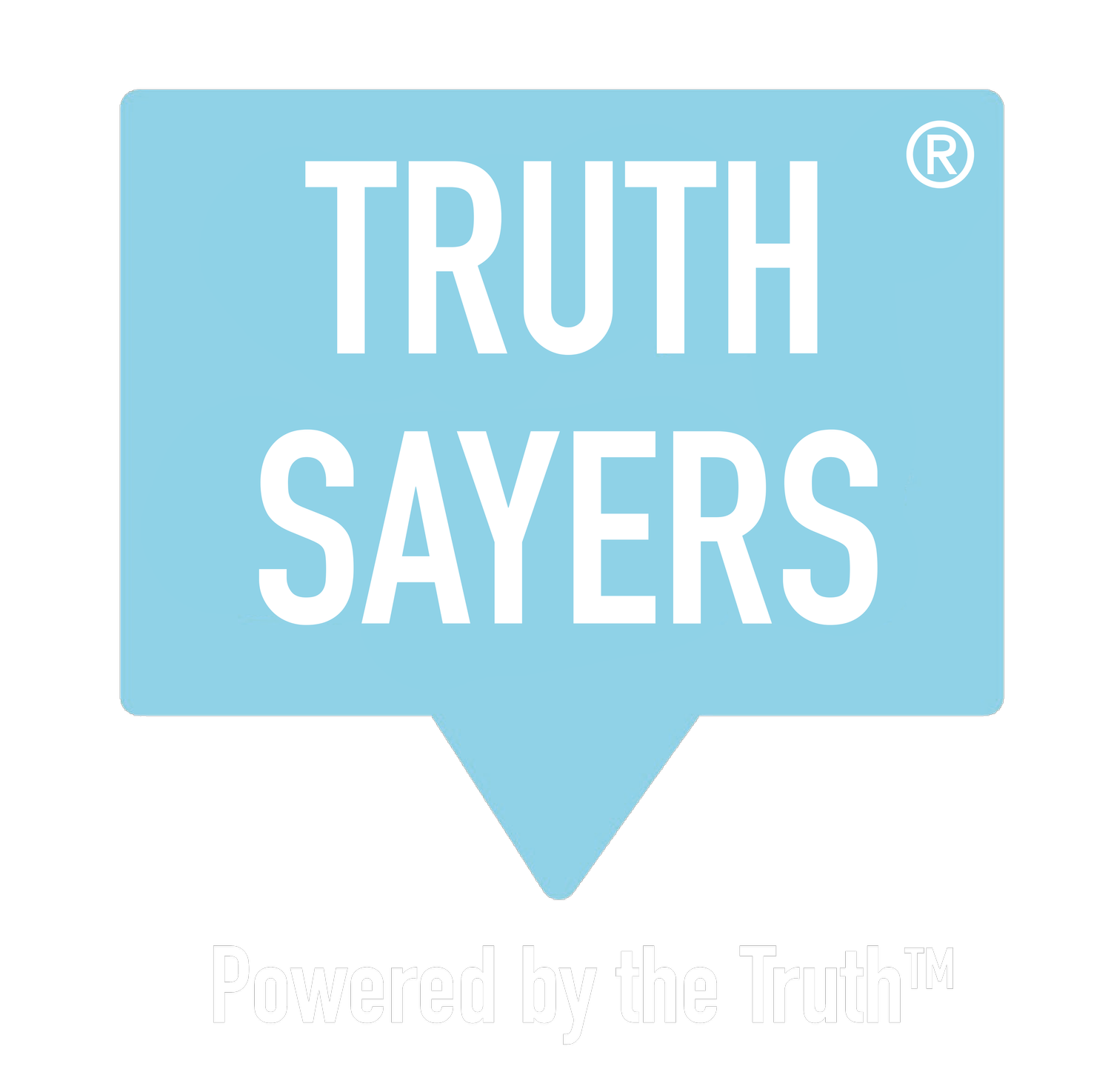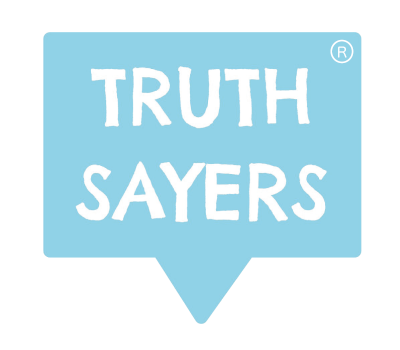How well supported is Neurodiversity?
Is ‘Neurodiversity’ just the latest buzzword on a tick list, or are business leaders beginning to fully embrace, support and empower neurodiverse workforces?
Over the past few years, there has been an increasing awareness of neurodiversity in the workplace, due in large part to forums like Neurodiversity in Business who have been driving a tide-change in thinking, bringing organisations together to share inclusive practice across all industries. As a consequence, many organisations have shifted gear to re-evaluate recruitment policies and support frameworks. However, Neurodiversity is still not a common discussion topic in every workplace, and it’s still not systematically part of every company's Diversity, Equity and Inclusion (DEI) agenda.
Understanding neurodiversity is step one; putting real, tangible measures into place to build an effective support system, from recruitment through to retention, is step two; step three is possibly the most difficult and where many organisations struggle: to make that support system sustainable and integrated into the core of business practice so that organisations can confidently state that they foster a neurodiverse, inclusive culture.
Measuring how far a business has come in creating a neuroinclusive workplace requires a different type of tool than the usual go-to survey solutions. When you really need to know how people feel, asking them directly isn’t necessarily the best tactic. We recently carried out a global assessment into how effectively neurodiversity is supported in the workplace and because we wanted to know how people really feel about the support available, we used Neurotech® to carry out the assessment. As the only platform that can provide a quantitative measure of inclusion, Neurotech has been able to turn employees’ feelings into data to tell us how included, accepted and valued people feel.
The Neurotech® Assessment:
Neurodiversity in the Workplace
This Neurotech® assessment gathered data on how well supported people feel at work.
50% of respondents identified as being ‘neurotypical’ (having a style of neurocognitive functioning that falls within the dominant societal standards of 'normal') and,
50% identified as being ‘neurodivergent’ (having cognitive functioning that diverges significantly from the dominant societal standards of 'normal'; a broad term, that includes differences such as dyslexia, visual sensitivity, Autism and ADHD).
We further refined the group who self-certified as neurodivergent to identify those who self-certified as dyslexic (whether diagnosed or not).
The assessment that participants undertook, gathered data in three key areas:
Workplace culture
Support provided at work
Access to the right tools to support work
Truthsayers’ report on Neurodiversity in the Workplace 2022
A Neurotech® assessment of how well neurodiversity is supported at work
Summary of Key Findings
Neurodiversity is still not being widely discussed in organisations. Respondents with co-occurring neurodiversities are more aware of conversations happening but this is felt to a far lesser extent by those who are dyslexic or neurotypical.
A workplace may appear inclusive from the outside, but the internal culture does not appear to consistently engender openness within the team.
Interestingly, neurotypical employees feel less supported at work and less understood by their managers than those who self-certify as neurodivergent.
Only 13% of respondents with co-occuring neurodiversities and only 5% of dyslexic respondents felt they have the tools they need to do their job effectively.
Providing employees with the access to the right tools for the job is an area that needs addressing, right across the board. Although many feel supported by their manager, they are still not being enabled to do their best work.
Carrying out this Neurotech Assessment also helped us to learn more about the efficacy of our accessibility tool, NeurodiversityToolbarTM. This is essential to enable us to continually review and develop the accessibility of the Neurotech platform.
Our data shows a strong indication that the NeurodiversityToolbarTM has a positive effect for those with dyslexia.
Respondents were asked to take the same assessment twice, with a week in between. Each participant took the assessment once with the NeurodiversityToolbarTM available to use and once without the NeurodiversityToolbar available to use.
Through comparison of the data results from week 1 and week 2 we were able to measure differences in response time for each participant.
How does the NeurodiversityToolbar help?
When dyslexic respondents took the assessment without the NeurodiversityToolbarTM activated, they performed 32% slower than those who were not dyslexic.
With the toolbar activated, speeds of response for dyslexic participants was increased by 19%.
These are just some of the findings of this survey.
How confident are you that Neurodivergent employees are well supported in your organisation?
Learn more about the common issues that may be effecting your employees by reading the full report. This is free to download and share:
Truthsayers’ report on Neurodiversity in the Workplace 2022
Neurodiversity in Business (NiB)
As part of our commitment to promoting greater awareness and inclusion of Neurodiversity in the workplace, we joined NiB as a corporate member.
Would you like to contribute to further research?
In November 2022, NiB launched their ‘Neurodiversity at Work’ market-wide academic research study, in partnership with Birkbeck, University of London (Centre for Neurodiversity at Work).
This research initiative aims to contrast supply and demand to provide meaningful insights into:
Challenges for corporations and businesses when integrating neurodiversity into their diversity, equity, inclusion and accessibility strategy as well as examples of good practices
Challenges for neurodivergent (ND) people at work and examples of effective support
The results will support ND individuals to better understand how corporations are implementing neuroinclusive support strategies and areas for improvement in their workplaces. This research leads on effectively from our findings and we are very pleased to be able to encourage you to share your views. The survey is open to both corporate and individual respondents.
Or you can scan the QR code to go straight there:






